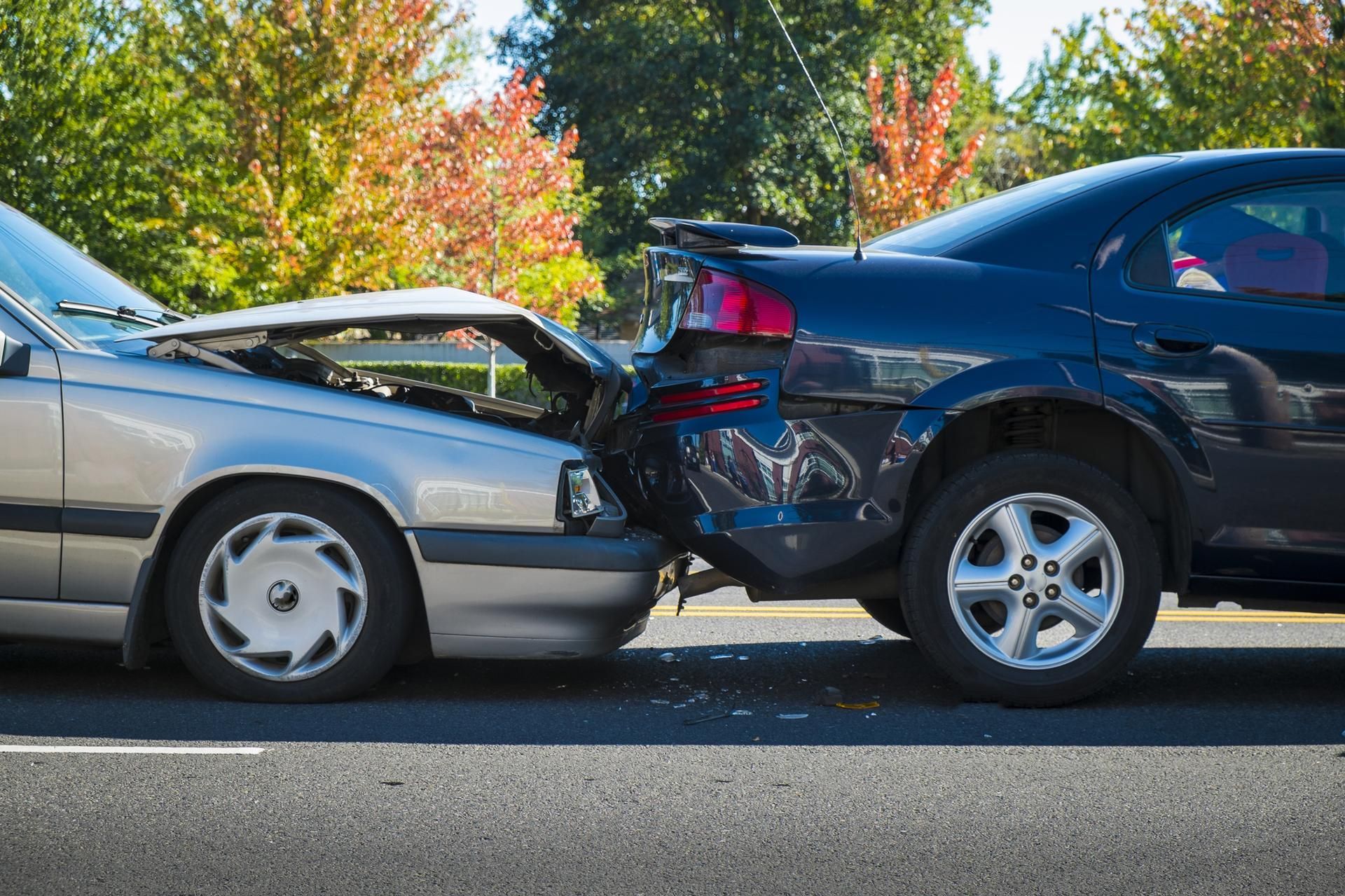Florida Tort Reform and You—What HB 837 Means for Accident Victims

When you are injured or suffer serious financial loss due to the negligence of others, winning financial damages through a personal injury trial may be the only way to get what you need to begin or continue your recovery. Could recent changes in Florida's negligence laws make that harder? The answer isn't clear-cut, but it's important for every Florida victim to know how they may be affected.
Here's what you need to know about Florida's 2023 tort reform.
What Change Was Made to Negligence Laws?
Tort reform probably doesn't sound like something the average Floridian needs to concern themselves with. However, this is very much not the case. Torts occur when the actions of one party harm another, and this area of law includes personal injury. It is through tort law that you may sue the owner of the vehicle along with the driver who hit you.
So, what change was made to tort law? On March 24, 2023, HB 837 was signed into Florida law. This bill included several large-scale changes to tort law. One of the changes most likely to affect you is the change from pure comparative negligence law to modified comparative negligence. This change limits the ability of victims to receive compensation.
What Is Comparative Negligence and How Does It Work?
There are two main ways to approach liability for negligent actions. Each state must choose which approach it will use within its court system. Some states use a doctrine called contributory negligence. In this legal approach, a person who is found to have contributed at all to their own accident may not recover damages for personal injury. This approach makes it very difficult for some to win damages.
Most states, including Florida, follow the doctrine of comparative negligence. This method assigns a percentage of liability for the accident to one or more parties. Financial damages may be reduced correspondingly.
Consider the two-car accident mentioned above. Perhaps you were speeding, but the other driver was texting behind the wheel. The jury may find that you had 25% of the liability while the texter had 75% of it. If you win your case, your damages may be reduced by 25% to compensate for your share of liability. So if you win $100,000, you would receive $75,000 instead.
Conversely, the texting driver may also be able to sue you over your share of the fault. If they sue you under the same circumstances—such as in a counterclaim—they would receive 25% or $25,000 for their own injuries or damage.
How Is Modified Comparative Negligence Different?
The above system is known as pure comparative negligence and has been the law in Florida for many years. However, HB 837 changed this to modified comparative negligence. Now, a plaintiff (the accident victim) who is found to have contributed at least 51% to their own accident may not recover damages at all. The texting driver in this case would not be allowed to sue you for damages.
How Does This Affect You?
These legal doctrines can be confusing, so what should you take away from them? You may be affected in several ways. Perhaps the jury decides that you actually carry 51% of the fault for that accident. You cannot win damages at all. If the defendant's lawyers can place enough doubt in the minds of jurors that it tips the scale, your loss is much larger than it would have been before HB 837.
As mentioned above, though, the texting driver in this accident scenario would not be able to sue you. This is a relief for many victims, who no longer have to worry about the person who caused the majority of their own suffering suing them in court for their own compensation.
Plaintiffs may be more motivated to settle with the defendant under such a system. The possibility of not winning any financial damages at all looms over your case. Some victims will feel additional pressure to settle for a lower amount in order to avoid the risk of losing it all.
Where Can You Learn More?
This change in Florida law will have lasting consequences on civil lawsuits going forward. The best way to protect yourself is to learn more from a legal professional. The lawyers at Jeeves Law Group, P.A. can help. We'll help you understand all your options and the law that affects your case. Then we'll work with you to build the best possible case, negotiate when that's in your best interest, and help you get the compensation you need. Call today.


